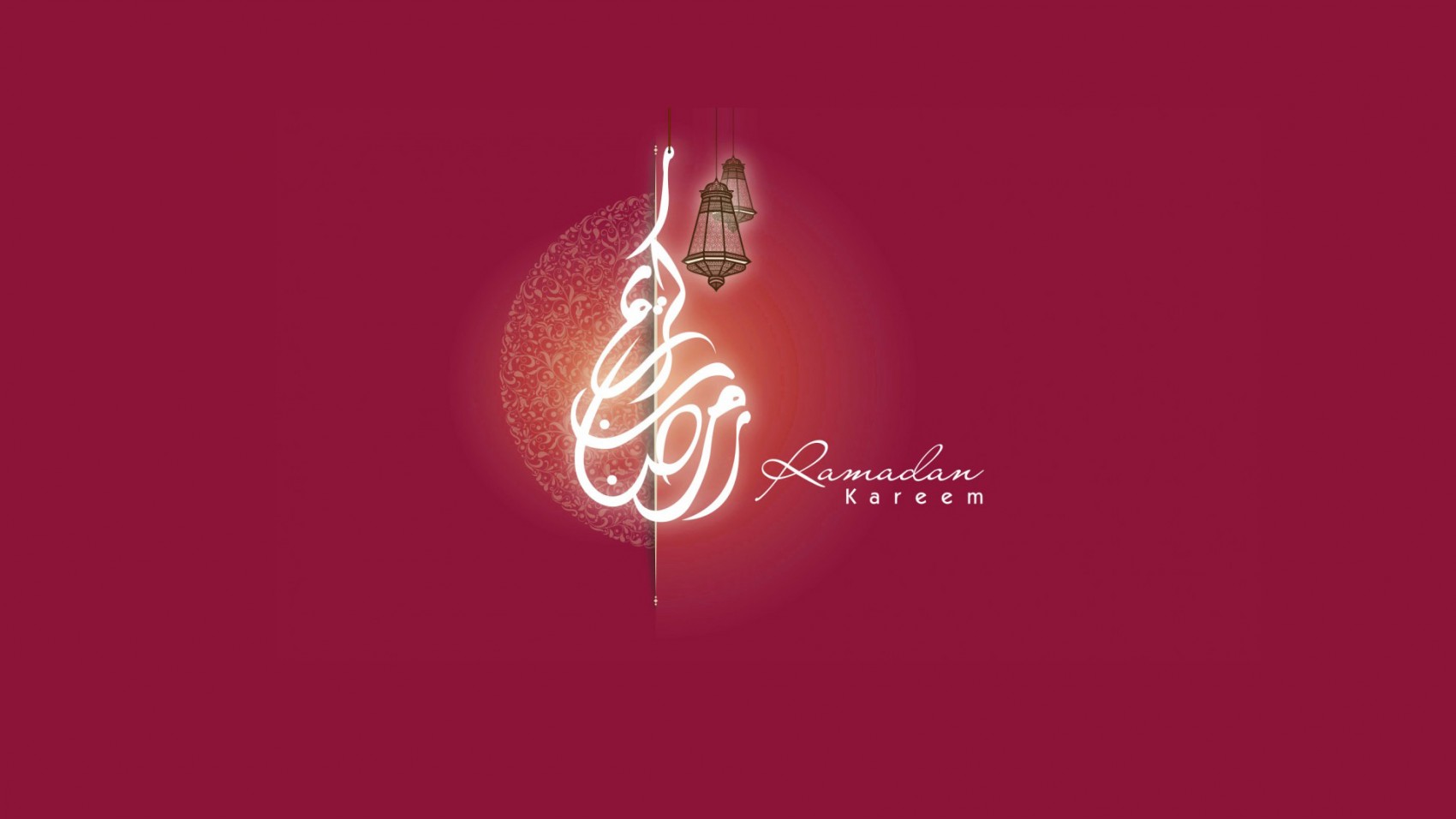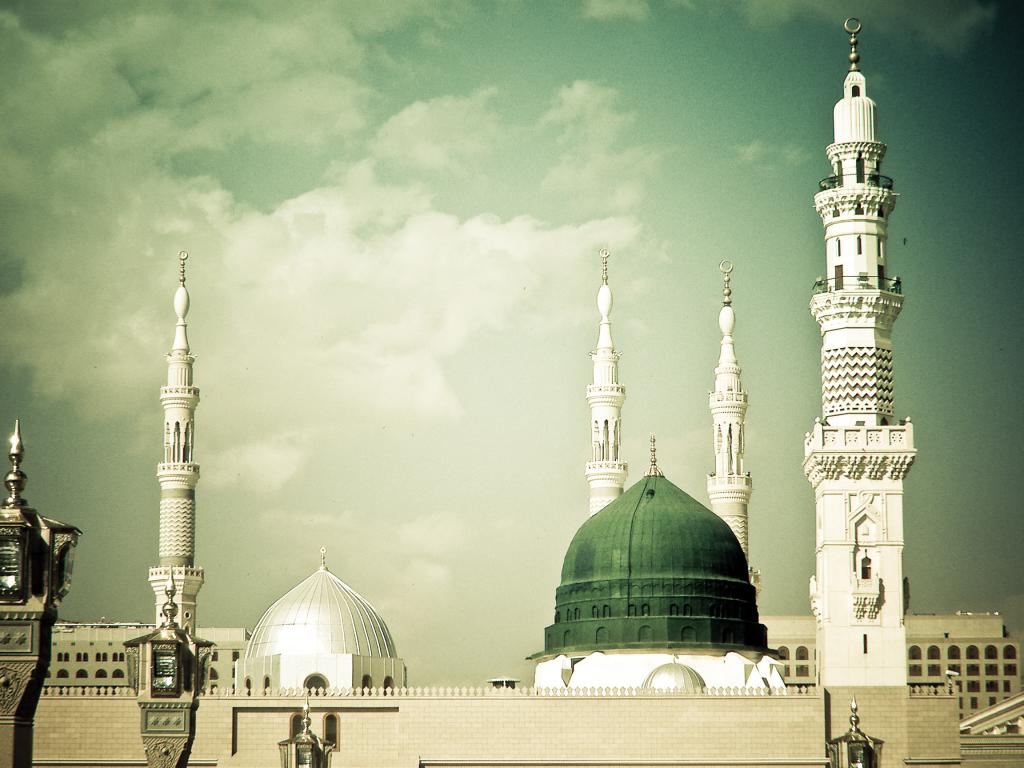1. Do not let your ‘performance’ until now affect your last 10 days. The moment of forgiveness could be today or anytime in the coming days! It is not all lost! If you sincerely wish it could have been better – Chin up and get ready to make it your best yet! Start with a positive, sincere intention!
2. Today, take a little time to read the Tafseer of Surah al-Qadr to understand what actually happens this night! You will feel its power & greatness so much more!
3. Do not wait for the 27th Night to give it your “all”. The entire last 10 days should be your target. Stay up each night! Would you want to miss Laylatul Qadr even “by chance”?
4. Do not fall into any innovations/celebrations any Masjid or culture might try to promote. Follow the Sunnah! The Prophet (ﷺ) guided us simply: “Whoever stays up and prays on Laylat al-Qadr out of faith and in the hope of reward, his previous sins will be forgiven.”
5. Memorize and keep asking the dua’ taught by Rasulullah (ﷺ): Allaahumma innaka ‘afuwwun tuhibb al-‘afwa fa’affu ‘anni (O Allaah, You are forgiving and You love forgiveness, so forgive me).
6. Prepare a short dua’ list. Remember this is as awesome as it ever gets for a servant of Allah! The Night of Qadr, of Destiny! Consciously pick each and everything you crucially wish for in this Dunya, in your deen, family, and in your aakhirah! Don’t forget to include the brothers and sisters around the world who are suffering and in grief!
7. Take brief naps during the day, if possible. Keep your stomach light and sleep as soon as you have prayed ‘isha. Do not delay! After a brief nap, refresh yourself and get ready for worship.
8. Don’t neglect your family! Rasulullah (ﷺ) made it a point to wake up his wives throughout these nights! And yes, your children are not too young to stay up some part of the night – if they can be allowed to play video games or watch TV, they can be inspired to be up at least for some time! Prepare them, make them excited, plan some activities for them to do!
9. Look the Part: The way we dress and prepare has a big effect on our psychology. Wear your best, perfume yourself, and feel the energy!
10. Choose a spot, whether in the Masjid or in your home, where you can have peace and solitude. Keep your mushaf, praying mat, and water at hand so that you are not distracted by constantly getting up for this or that.
11. This is not the night to tweet pics or update FB statuses about how amazing the night is and how you are feeling & worshipping Allah! Let that be a secret between you & your Rabb! So switch off those phones, WiFi, laptops, and computers. Disconnect with the world, and connect with al-‘Afuww!
12. If you find yourself feeling sleepy, vary your acts of worship. Alternate between qiyaam, heartfelt dua’a, reading the Qur’an. Do not spend the night listening to lectures or recitations. Or do it only for a short while when you feel the sleep coming on!
13. Patience is the Key: The last 10 days might be tiring. You might still have work or school. This is the time to bear all that hardship, and keep firm sabr. Think how Allah has blessed you with this tremendous opportunity that might NEVER come again in your life again. If you knew for sure that this was your last Ramadan if you knew certainly that Jannah was up for grabs, wouldn’t you sprint for it no matter what it takes?
14. This is most important: Keep Husn adh-dhann bi Allāh (good expectations from Allah). When you ask, remember you are asking the Most Generous King. If you hope for the best, He will give you the best. Don’t hold back. Trust in Him, pour out your heart in front of Him, and let no doubt, no barrier, no evil thoughts keep you away from ar-Rahman, ar-Raheem!
Umrah Packages | Hajj Packages | Ramadan Umrah Packages | December Umrah Packages
Article source mslimwords.com

